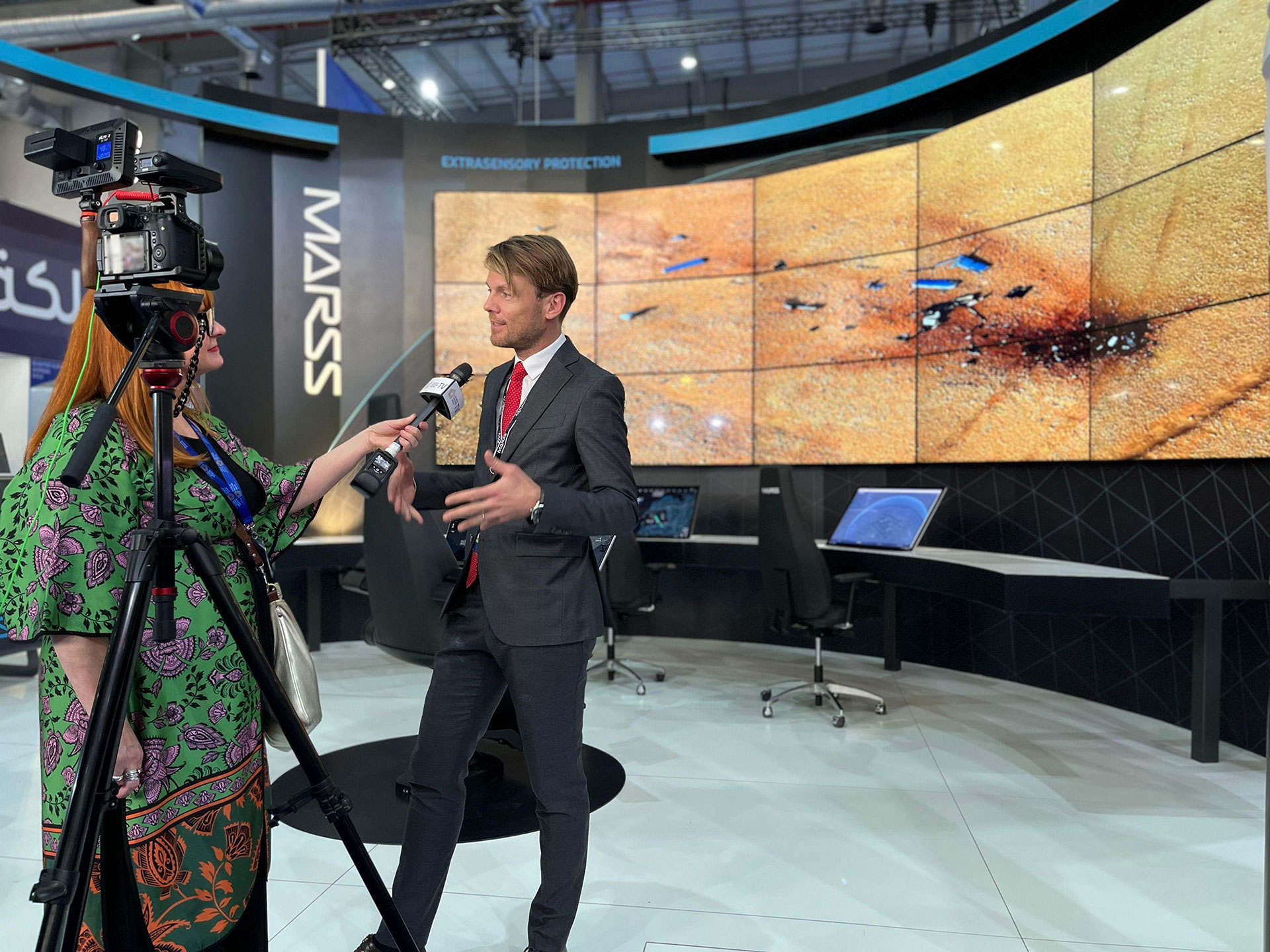MARSS previously led an international group of partners to design and deliver a multi-domain critical infrastructure protection system for a key strategic location in the Middle East.
The new contract, spanning five years, will see MARSS provide level 1-4 support across the site - from basic maintenance to troubleshooting complex issues – and includes programmes for corrective and preventative maintenance to ensure the site’s operational effectiveness throughout the contract’s duration. As part of this, MARSS will maintain a full-time in-country presence to manage and maintain the system.
The system, which was previously designed and commissioned by MARSS, provides end-to-end protection covering surface, land, air, and sub-surface domains. MARSS’ NiDAR platform, integrated throughout the site, is an AI–powered solution capable of detecting, verifying, and defeating asymmetric threats. The system seamlessly fuses sensors and effectors across all domains, providing a unified situational awareness picture for operators.







